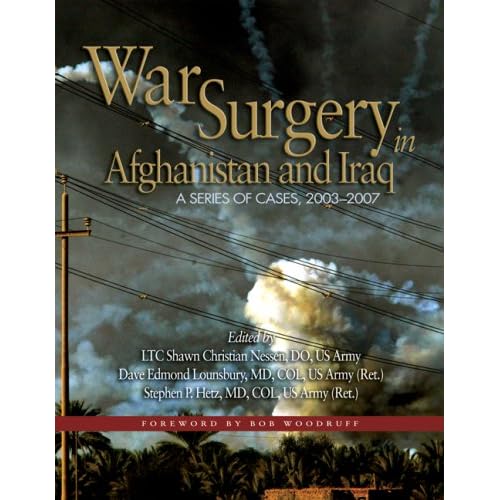- Joined
- May 14, 2008
- Messages
- 2,689
- Reaction score
- 4
Are there any books on military medicine that are a good read? I don't mean reference books, I mean more like a doctor's autobiography or memoir. If there aren't any, someone should write one! I'm also looking to get familiar with some of the terms used in military medicine.

